Steven Ray wants to read In Theory by Aijaz Ahmad.
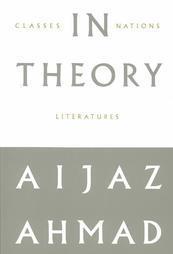
In Theory by Aijaz Ahmad.
After the Second World War, nationalism emerged as the principle expression of resistance to Western imperialism in a variety of …
I’m interested in a multitude of things, including social justice, socialism, history, poetry, magical realism (fiction), capitalism, race and class struggle, plus stuff like wine, baseball and music.
So mostly non-fiction, though I read maybe two novels per year and maybe one poetry collection.
This link opens in a pop-up window
16% complete! Steven Ray has read 3 of 18 books.

After the Second World War, nationalism emerged as the principle expression of resistance to Western imperialism in a variety of …
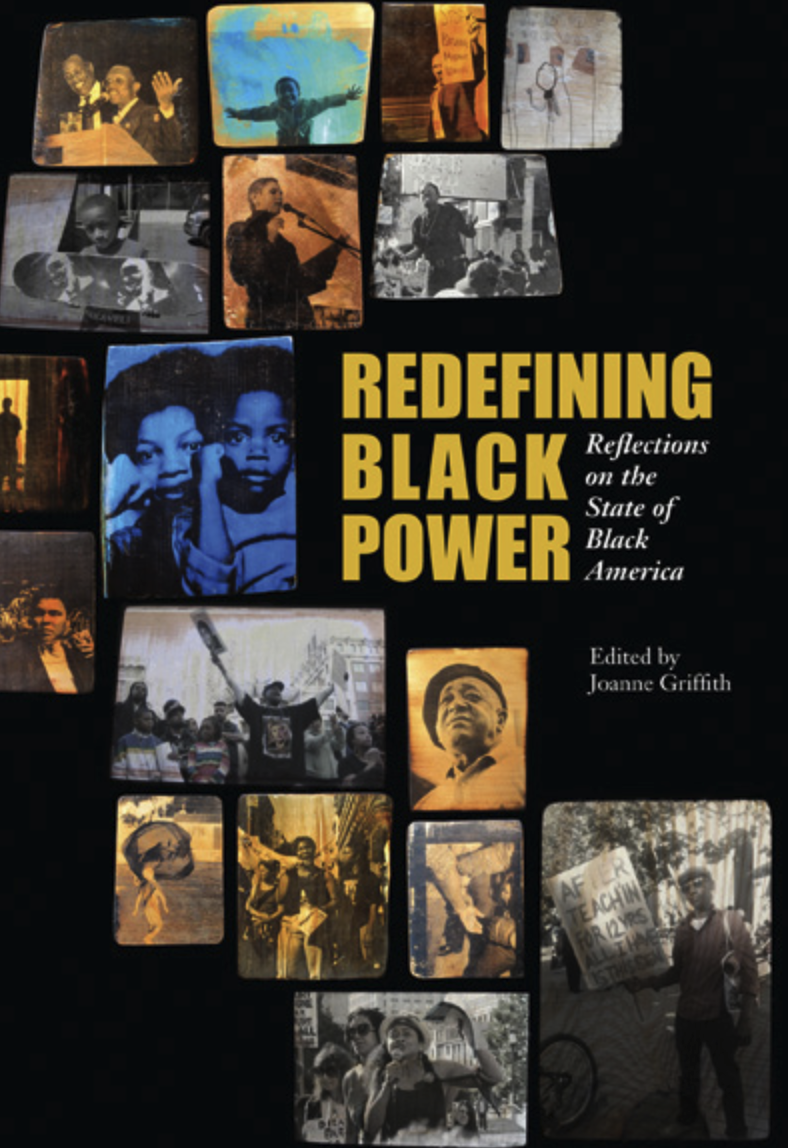
The Obama presidency represents a major milestone in black history and the struggle for political, economic and cultural equality in …

The Obama presidency represents a major milestone in black history and the struggle for political, economic and cultural equality in …
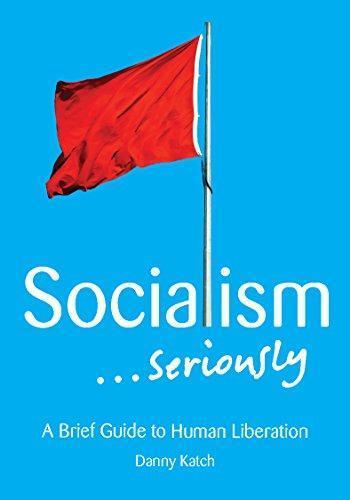
Opinion polls show that many people in the U.S. prefer socialism to capitalism. But after being declared dead and buried …
Written in a very casual, approachable style and full of good humor, I found this book to be a good intro to Socialism. I’d read many books on theory which were fairly deep and insightful and covered more ground, but this one would probably have been a good choice to read first to give me a good base of knowledge before delving deeper. The author does a good job of giving us a history lesson, defining what the term means and pointing us to a way forward. I can definitely recommend it.

Opinion polls show that many people in the U.S. prefer socialism to capitalism. But after being declared dead and buried …
What an adventure. Weaving personal experience with myriad interviews and deep knowledge as both a musician and a listener, David Toop fills the reader’s mind with musical history. Not so much a chronological history as it is a tale of organic evolution encompassing everything from classical to dub, Musique concréte to minimalism, Kraut Rock to cosmic jazz. Going pretty far afield at times, you’ll find yourself reading an interview of Brian Eno on one page and a while later, an account of the author recording a group of shamans deep in the Amazon rainforest. Even if you’re not a huge fan of Ambient music, you may still get a lot out of this book. For me, it was a joy to read.
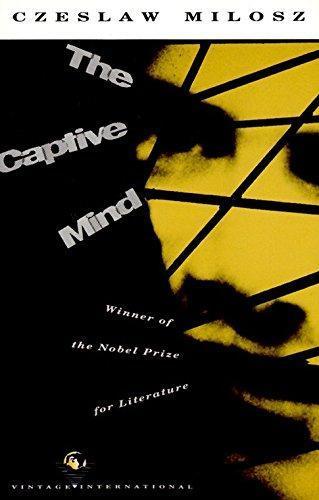
A study of the psychological effects of totalitarianism, and how those under it's thumb adapted to survive.
The Captive Mind …
A chronicle of how the author, his friends and acquaintances responded to life under a totalitarian regime, The Captive Mind gives us a glimpse into life in Poland after it was swallowed by Russia following World War II. It’s an engaging, well-written account and makes you consider how you might react in such an environment. Hopefully, none of us will have to make such choices.
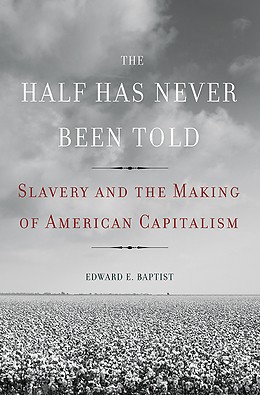
Americans tend to cast slavery as a pre-modern institution —the nation's original sin, perhaps, but isolated in time and divorced …
@SeasonsChange@retro.pizza it's really good. Eighty pages in, I can definitely recommend it. His writing is so darn descriptive and eloquent, and he really fills in the backstory of the genre.
@PhilWill@aus.social I was surprised to see that it's thirty years old! He has a real gift for the written word. Very eloquent, his descriptions of everything are a joy to read.

Opinion polls show that many people in the U.S. prefer socialism to capitalism. But after being declared dead and buried …